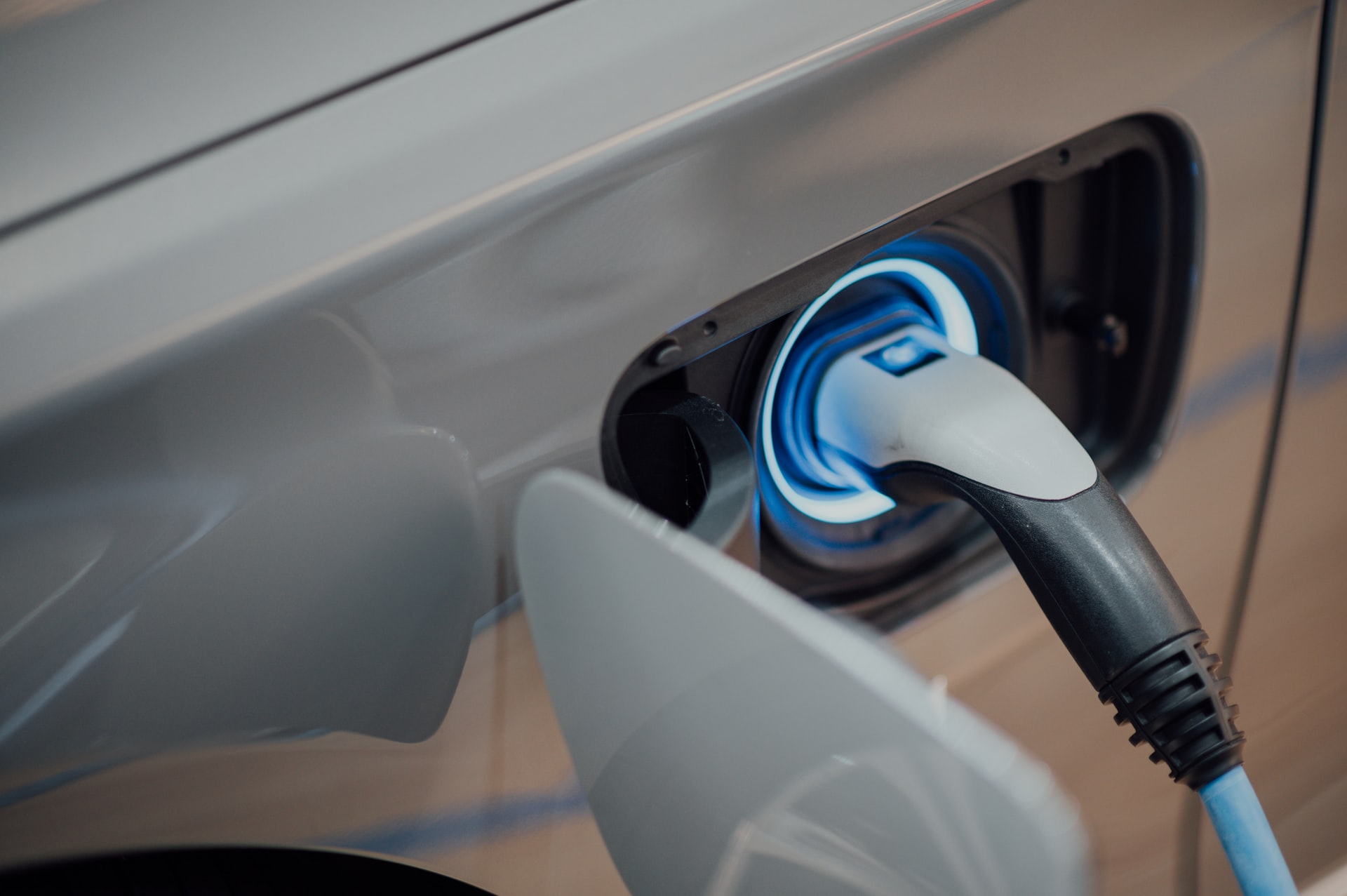Let me begin by being realistic in the type of vehicle most of us want to drive today. We all want a mid-size SUV, preferably a 7 passenger, but we will settle for a 5 passenger.
On top of that, we also want a luxury performance vehicle with a combination of everything. So does it make sense to consider some of the electric vehicles (EVs) out there?
The biggest and most obvious savings when you go electric are your fuel costs.
According to research conducted by the U.S. Department of Energy, U.S. Environment Protection Agency (EPA), and the American Automobile Association (AAA), the EPA has developed a way to compare gasoline and electric vehicle efficiency, called MPGe.
For instance, a 2020 Acura MDX gets 23 mpg or 4.3 gal/100 miles versus the 2022 Ford Escape AWD Hybrid, which had a combined 39 mpg.
That’s noticeably lower than the two currently popular EVs. The 2022 Hyundai Ioniq 5 AWD and 2022 Tesla Model Y Performance AWD offer 95 MPGe and 109 MPGe, providing three to four times savings in fuel costs when charging at home.
Charging costs
Charging your electric vehicle at home is the most convenient and cheapest option for daily charging for the majority of EV owners or lessees.
There are a couple of ways to determine your electricity costs, such as looking at the U.S. Department of Energy’s Energy Information Administration’s state-by-state energy cost guide.
The average electric vehicle has a 66-kilowatt-hour battery and can go about 200 miles per full charge. While it’s cheaper to charge than filling up a gas-powered vehicle, you just can’t drive as far as a gas-powered vehicle. My gasoline SUV, for instance, averages over 400 miles per fill up.
Electric cars are fun around town; however, they are not the vehicle to travel across the country. For one thing, it’s impossible to pack that much stuff. So, are you going to ship your luggage and other items to your destination? If so, you’d better add that to the cost of your trip.
Plus, commercial charging rates are two to four times higher than residential rates, it all depends on location, demand, seasons, etc.
Also, are you really going to get that much distance per charge? There’s no doubt that the faster you travel, the lower your mileage will be. That goes for EVs too, as well as anything that drains your battery, such as climate control options or anything else you have plugged in.
Time and money
Many people are unaware that it takes time to charge an electric vehicle. The three main types of charging stations for electric vary in costs and time to charge.
The biggest variable is whether you’re using a level 1, level 2 or level 3 charger.
Most households are using Level 1 chargers, which can be plugged in a regular outlet. However, this charger is a slow one, taking between 10 and 40 hours to charge depending on the size of the battery.
Using a level 2 charger boosts the voltage output to 240, which can cut your charging time to just a few hours. However, the cost is higher than a level 1 charger, whether you’re charging at home or at a public station. And you have to purchase and install a home charge, which is another cost.
The level 3 charge is the most powerful, but they cannot charge every EV model. With high-voltage direct current (DC), a level 3 charger can charge your battery 80% within 20 to 40 minutes.
Because its charge time is much less, it is also more expensive to charge.
Bottom line
Let’s face it, fueling a gas-powered vehicle takes less time, and time is money! What are you doing during those hours while your car is being charged? Are you dining, shopping, or doing another activity?
Plus, electric car batteries over time lose their ability to hold a charge over time, meaning that after a period of between three and seven years, you will have to replace your battery.
We all have smart phones today and we know what happens when our phones get older how quickly the battery drains.
Honestly, I am in favor of hybrid vehicles to help obtain better mileage with all the stop-and-go driving in cities. Yes, we all want to save money, but I don’t see the benefits of an electric vehicle right now.


